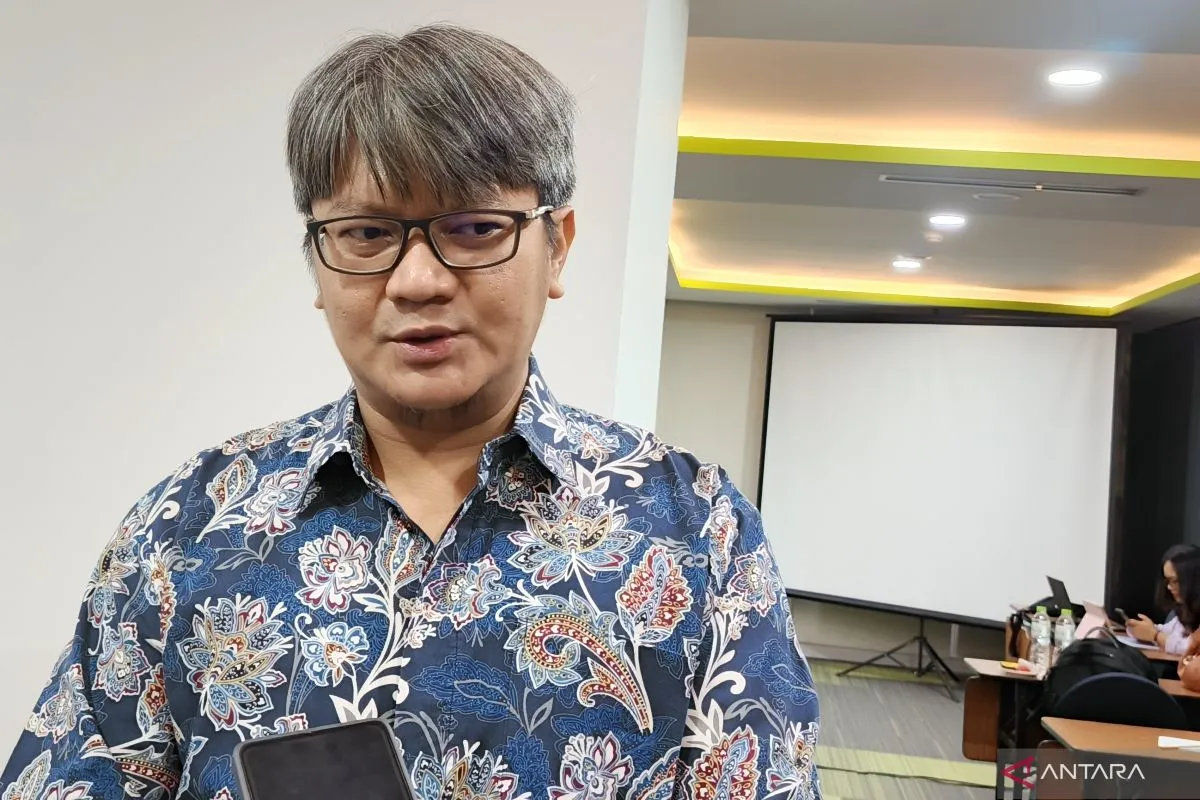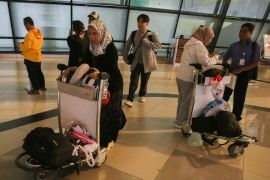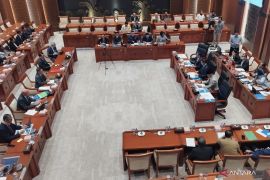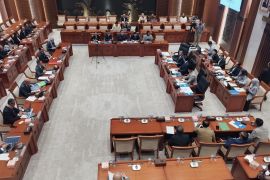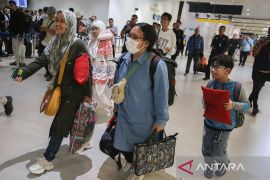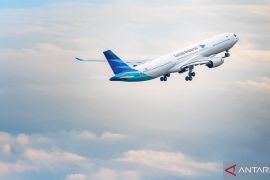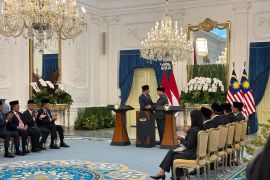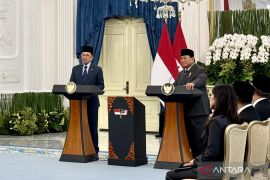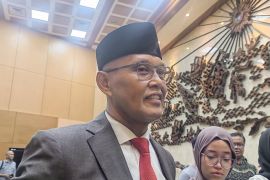“While the impact may not be immediate, the conflict could spark global economic instability—particularly in energy, trade, and fiscal sectors,” Ahmad Heri Firdaus, a researcher at the Institute for Development of Economics and Finance (INDEF) said here on Sunday.
During an INDEF public forum on Iran-Israel war impact in Jakarta, Ahmad noted that the Islamic Republic holds the world’s third-largest oil reserves.
Any disruption in its oil supply—especially if the Strait of Hormuz is blocked—could sharply drive up global energy prices.
“Oil-importing nations like Japan and those in Europe would feel the surge first. Since Middle Eastern oil exports are larger to China, India, and Europe, those regions would be affected sooner than Indonesia," he explained.
Related news: Indonesia should be wary of Israel-Iran conflict's impact
Using the Global Trade Analysis Project (GTAP) model, Ahmad projected that the Iran–Israel conflict could trim Indonesia’s economic growth by 0.005 percent.
While the figure may seem modest, the indirect impact could be more severe—especially if major trade partners like China and Japan face broader slowdowns, with projected contractions of 0.037 percent and 0.048 percent, respectively.
Indonesia may also face reduced imports of key commodities, including agricultural goods, processed foods, metals, textiles, petrochemicals, and heavy manufacturing products. Rising input costs due to higher oil and gas prices could further weaken Indonesia’s export competitiveness.
To mitigate these risks, Ahmad urged swift government action—starting with stabilizing domestic fuel and LPG prices through stronger subsidies to protect purchasing power and control inflation.
He also recommended diversifying energy import sources away from conflict zones and strengthening energy cooperation with ASEAN countries, Australia, and other stable partners.
Related news: Russia offers oil and LNG to Indonesia, gov’t begins evaluation
Another crucial step is expanding and diversifying industrial supply chains. “We need to reduce reliance on any one region for raw materials and boost upstream investments in sectors like fertilizers, alternative fuels, and intermediate goods,” he said.
Finally, he called on the government to identify the most vulnerable sectors, particularly manufacturing and agriculture, to ensure targeted protections and timely stimulus.
These steps are critical to shielding Indonesia from deeper exposure to global economic turbulence, Ahmad concluded.
Related news: Indonesia's essential oil exports hit 5-year high
Reporter: Aditya Eko Sigit Wicaksono
Editor: M Razi Rahman
Copyright © ANTARA 2025
